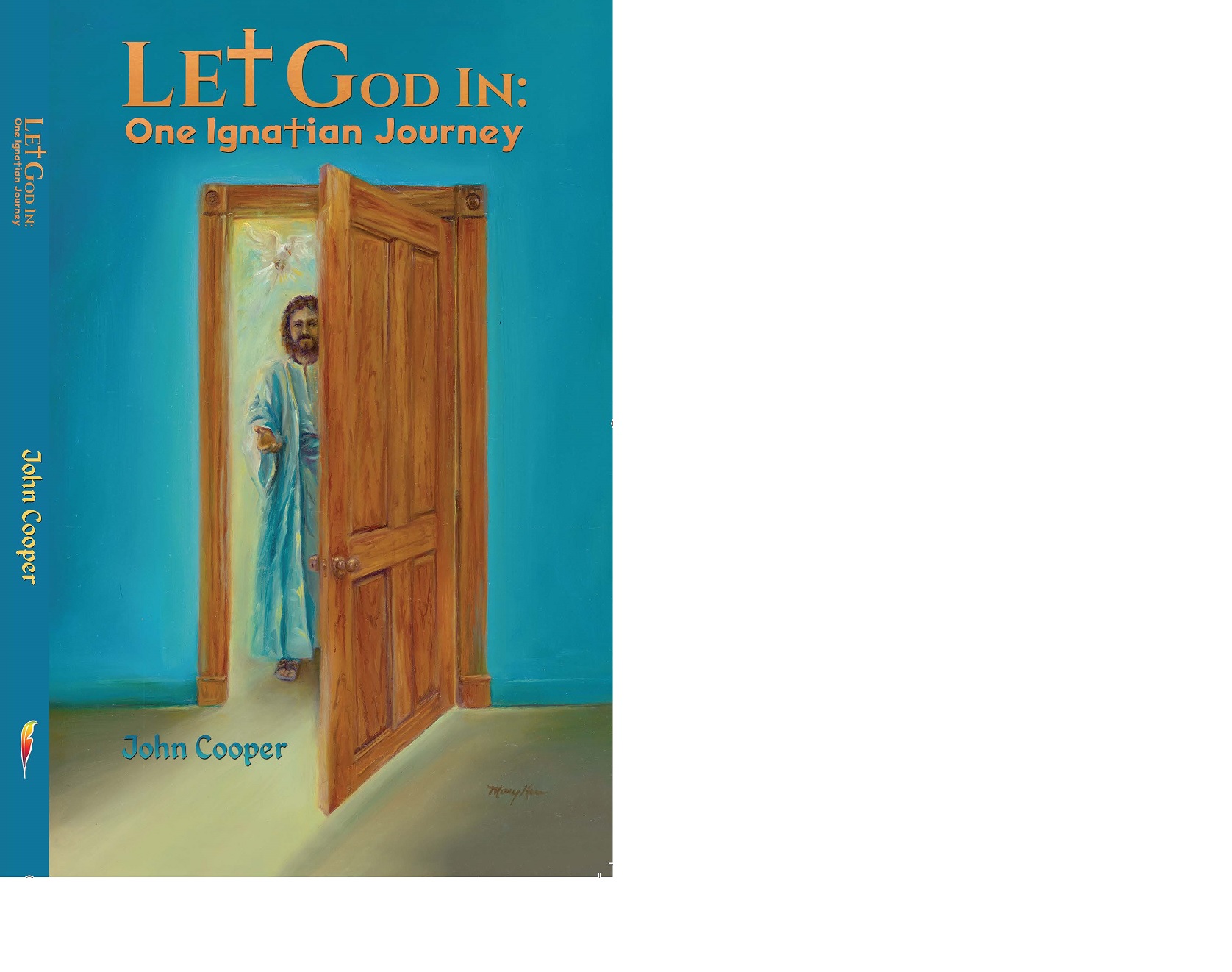I am the Possum you Killed
November 20, 2020 Leave a comment

It was an invigorating Spring day, and I had just crawled up from the creek between the 20-acre and 15-acre McCulley fields where I saw you last Fall, hand picking the outside rows of corn to make way for the John Deere corn picker. You were working with your Uncle Bill last Fall. I have good hearing, and I heard you coming. Stepping in the crisp leaves, your feet crunched along the path leading to the larger creek. You often went this way, crossing the creek to reach the lower fields for hunting. I could smell you. Humans have an odd smell to possums like me.
I saw your 22-caliber semi-automatic rifle and recalled that many times you shot sparrows on the electric high wire, “just for the fun of it.” Oh no! I didn’t have time to crawl back to safety. At least rabbits have a chance. They can run fast and jump and dart around, but my only defense was to lie there, helpless, playing dead among the fallen leaves.
But you saw me and decided it would be “fun.” I heard a “crack” and instantly felt searing pain engulf my body. I think you thought I would just die instantly, like on Gunsmoke, like when Matt Dillon shot the “bad” men. Pain seared through my body, pain like I had never felt before, even birthing my new litter, my eight joeys, hidden in my pouch. What would happen to them? I realized they will die too, after suckling the last of the milk from my dead body. Please take care of my babies!
I was still playing dead when you poked my hairless stomach with the barrel of your rifle. I squirmed with the intense pain. You shot me again, you evil monster, with your weapon of destruction, towering over me with your testosterone-laden teenage body. Your power was absolute. As life seeped from my body, my spirit rose, and, for an instant, hovered over my lifeless body, and over you~~you heartless boy. Don’t you know that creatures suffer too? What have I ever done to you? Why? I have always done my duty in life, eating ants and ticks and taking care to offer balance to the environment.
As I watched you from above, I saw that you had tears in your eyes. You had seen my babies when you poked me in the stomach. I could see guilt and remorse on your face as you realized that they would die too, from starvation or prey to another of God’s creatures. I heard you moan, “Oh, no! What have I done?” I believe that you felt badly for taking my life for no good reason. But, why didn’t you bury me? You just left me to rot… I hope that my death will influence you to put away your rifle and live peacefully in this world with all of God’s creatures, and that we will meet again someday.
God told me I will be resurrected when you are, just at the right time, the same time as you, and I will be your pet possum, with my little babies again too, and with Pal, your boyhood dog, and Ossie, the cat you loved, and all your ancestors, your father and your mother, your brothers and sisters who have died, Faith, Hope, Paul, David, all of them, and we will live in peace in a Peaceable Kingdom, for evermore.
In Love,
Your possum, Mercy
p.s. Don’t think yourself better, dear Reader, you who pay other people to do your killing for you. You who go to Church and pray to your God. Your God is my God. He is in you, Brother or Sister just as God is in all things, and in me too.
%%%%%%%%%%%%%%%%%%%%%
I was that teenager who thought shooting animals was “fun,” whose life changed forever that Fall day, as I stood over Mercy’s lifeless body and heard her pups mewling for milk. I have confessed my sin to others. Mercy was one of my greatest influences. I am thankful that Mercy had some little part in my putting my gun up for good. Mercy had a little part in my becoming a Conscientious Objector to killing and war. I am satisfied Mercy had some influence in changing my life. Thank you, Mercy, for all you have done for me. I think of you often and will always remember you, Mercy!
In Love and Mercy,
John Cooper

